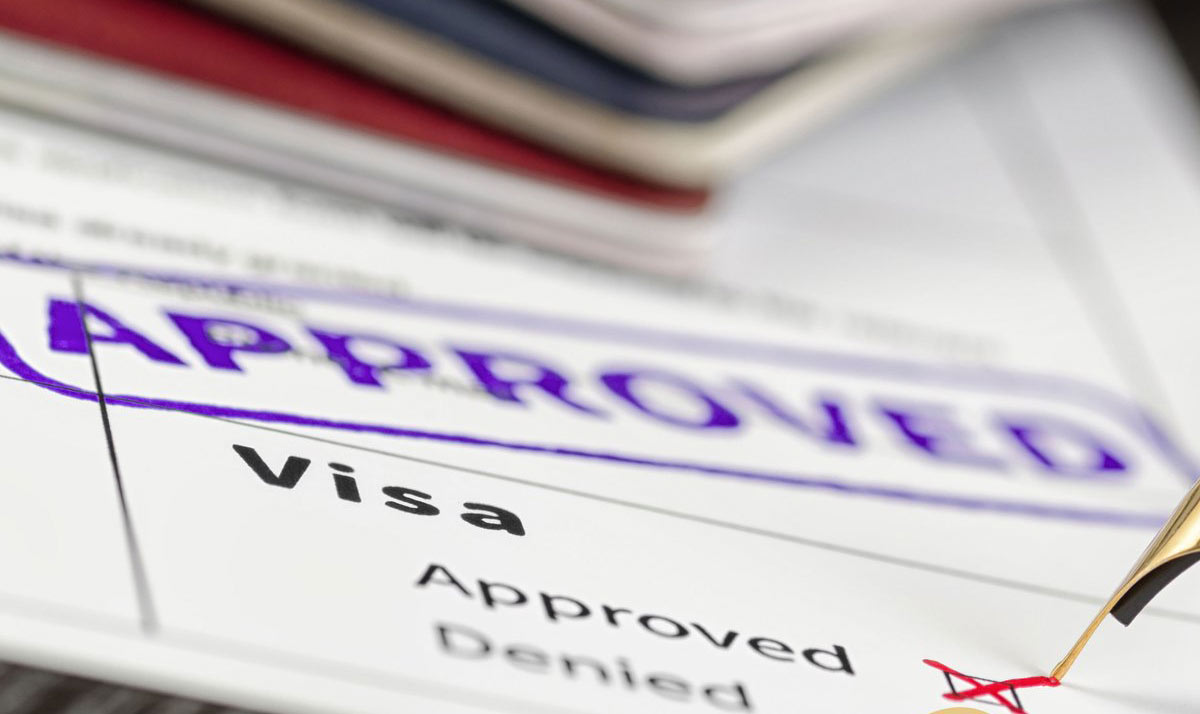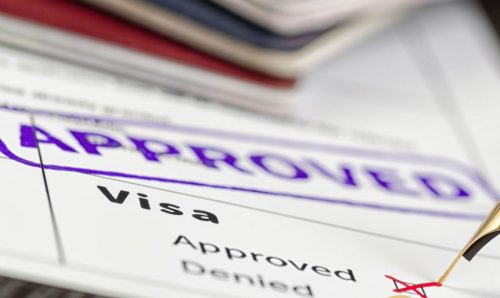O visa is not capped like the H-1B.
Senator Chuck Grassley, Chairman of the Senate Judiciary Committee, in a letter to Homeland Security Secretary John Kelly said that the O visa program is being misused to a great extent by potential H-1B applicants.
According to Grassley, the O visa, which is a non-immigrant temporary worker visa granted to foreigners with extraordinary ability in their area of expertise, for instance, in sciences, arts, education, business, athletics, or TV/movie industry, is being used by immigrants who qualify only for H-1B visa, which has a yearly cap of 65,000.
Meanwhile, the O visa is not capped and all petitioners who file Form I-129 along with documentary evidence to USCIS are eligible for the visa.
Sen. Grassley, citing recent media reports, wrote in the letter to Homeland Secretary that the number of O visas issued has tripled in the last decade.
He also shared his concern about the future of both visa programs –H-1B visa and O visa, when their real purpose is being diluted extensively.
“Visas intended for exceptional individuals are not a substitute for H-1B visas. Any attempt to flout the extraordinary requirements of the O visa program because an applicant can’t acquire an H-1B potentially constitutes visa fraud and ultimately damages both visa programs,” Grassley said. “I am raising my concerns to Secretary Kelly so that he can prevent potential abuse and ensure that the integrity of both the O visa and the H-1B remain intact.”
The letter specifically said that the number of people applying for O visa has increased after the new administration took the oath, especially after President Trump announced his new H-1B visa policy and the Buy American Hire American executive order that mandated federal agencies to come up with measures to curb visa misuse.
“The tenor of these articles raises concerns that individuals might abuse the O visa petition process by fraudulently asserting qualifications they do not possess to bypass legal restrictions on other employment visas,” said the letter.
“Despite the rarity of such exceptional qualifications, O visa issuances have tripled in the last decade, from just over 30,000 in 2006 to just shy of 100,000 in 2016. Given the validity period of up to three years, nearly 300,000 recipients of O visas could be working in the United States right now,” Grassley said in his letter.
Full text of the letter follows.
July 17, 2017
VIA ELECTRONIC SUBMISSION
The Honorable John Kelly
Secretary
U.S. Department of Homeland Security
Washington, D.C. 20528
Dear Secretary Kelly:
Two recent news articles suggest that certain aliens should consider applying for O visas to “get around [the President’s] H-1B order,”[1] because the O category has no numeric cap[2] and is “largely free of restrictions.”[3] The tenor of these articles raises concerns that individuals might abuse the O visa petition process by fraudulently asserting qualifications they do not possess to bypass legal restrictions on other employment visas.
As you know, an alien may qualify for an O visa if she “has extraordinary ability in the sciences, arts, education, business, or athletics” or a “demonstrated record of extraordinary achievement” in “motion picture and television productions.”[4] Despite the rarity of such exceptional qualifications, O visa issuances have tripled in the last decade, from just over 30,000 in 2006 to just shy of 100,000 in 2016.[5] Given the validity period of up to three years, nearly 300,000 recipients of O visas could be working in the United States right now.
The O visa category was specifically created to cover activity that falls outside the scope of H-1B.[6] As the State Department’s Foreign Affairs Manual indicates “[m]any such aliens were previously classified as H-1B nonimmigrants. Since the H-1B classification was not originally designed to address these classes of activities, Congress determined that they should be separated from that classification and treated independently.”[7] An alien seeking an O visa must first petition the Department of Homeland Security’s U.S. Citizenship and Immigration Services (USCIS), submitting documentation of her outstanding achievement.[8] If the petition is approved, the alien may apply to the Department of State, Bureau of Consular Affairs to obtain a visa, but the primary evaluation of the alien’s “extraordinary” qualification is performed by your agency staff and is based upon documents submitted by the petitioner.
Given tighter restrictions on H-1B visas, the lack of any numeric cap on O visas, and certain business interests’ public endorsement of O visas as a work around for H-1B restrictions, I am concerned there may be a corresponding increase of O visa applications in the near future, some of which could be fraudulent. As a result, I am drawing your attention to the potential for error or abuse—particularly in the petition process, which relies heavily on documentation submitted by the applicant—and am requesting the following information no later than August 17, 2017:
1. Please provide the number of approved O visa petitions by subcategory (O-1A, O-1B, O-2, and O-3), for the last five years (FY 2013 – present).
2. For each of the last five years, please provide a breakdown of approved and denied O visa petitions cross referenced by industry and nationality.
a. Of approved petitions, please provide the number of approved applicants who remain in the United States, to the best of your ability to determine.
b. How many O visa petitions were denied on the basis of some type of fraud, a lack of applicant credibility, or apparent deception?
3. Does your Department approve extensions of stay for O visa holders, once in the United States, beyond the standard 3 year visa validity period?
a. If the answer is yes, how many aliens who were admitted with an O visa possess currently valid extensions of stay beyond three years from O visa issuance, where the extension of stay is based on the same extraordinary achievement that supported issuance of the original O visa?
4. What factors do you consider in granting an extension of stay to individuals of extraordinary ability or achievement?
5. What guidance is provided to adjudicators who must determine whether an alien’s ability or achievement is “extraordinary”? Please provide copies of any such guidance.
a. Specifically, what measures do your adjudicators use to distinguish skills that warrant approval of an O visa petition, from skills that fall within the scope of the H-1B visa category?
6. What measures do you take to verify documentation and peer assessments submitted by petitioners, regarding the alien’s qualifications?
Thank you in advance for your cooperation with this request. If you have questions, please contact Brad Watts or Katherine Nikas of my Committee staff at (202) 224-5225.
Sincerely,
Charles E. Grassley
United States Senator



